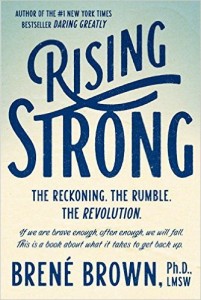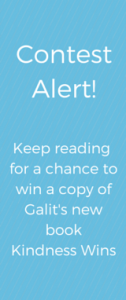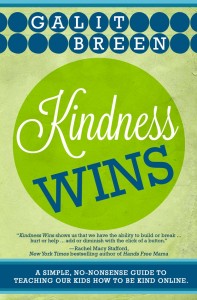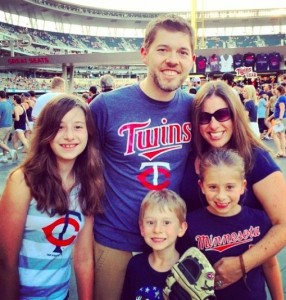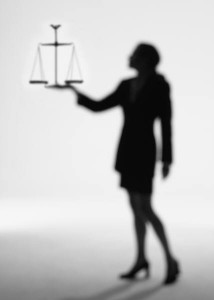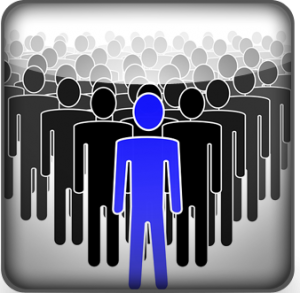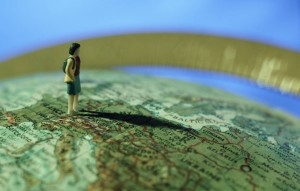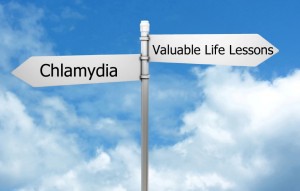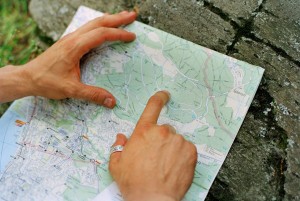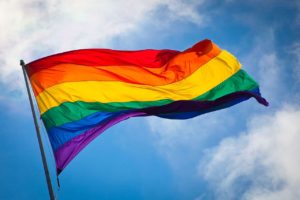 It’s one sleep since the end of Mental Health Awareness Month and the beginning of Pride Month. As we transition between these two important markers, I’m remembering all the times I’ve heard comments from people to the effect of, “I don’t care what they have/what they are. I just don’t need to know about it.”
It’s one sleep since the end of Mental Health Awareness Month and the beginning of Pride Month. As we transition between these two important markers, I’m remembering all the times I’ve heard comments from people to the effect of, “I don’t care what they have/what they are. I just don’t need to know about it.”
It’s okay, this “do whatever you want in the privacy of your own home” approach. It’s miles better than the “lynch anyone who is different” approach. But it’s a viewpoint that comes from a place of never having had to fight against exclusion or discrimination. And my quick response has become this: put yourself in our shoes. Imagine what it’s like to have to hide who you are, every day, everywhere, because you’ll be punished by some sector of society if you don’t. That’s why we talk about mental health in May and LGBTQ rights in June every year. We’re not oversharing and being show-boaty. We’re fighting for our lives. That’s not a dramatic overstatement.
A few spin-off thoughts and somewhat-related notes.
My nephew alerted me to the fact that one day, we may be going on a magic mushroom trip to cure depression, a treatment I’m more than willing to be a study participant for, in case anyone is looking for guinea pigs.
I’m coming out soon about having depression and fronting as a high-functioning adult in a very big publication that will possibly be read by every potential future employer of mine, so we’ll see how that goes. I’ll share it on June 22.
Recently, I’ve been thinking a lot about how to help children who are in vulnerable situations – troubled families with dysfunctional parents. If we don’t help the kids, they become adults who, best case, develop resilience (after a ton of work), or, worst case, major health issues (and never live their best lives), or sometimes both. The Hart family murders has been a trigger for me, because it was preventable. I don’t have the answers, but I’d like to hear ideas and anecdotes from anyone who has experience in the space of working with children from troubled families, and how to help them without necessarily removing them from their family.
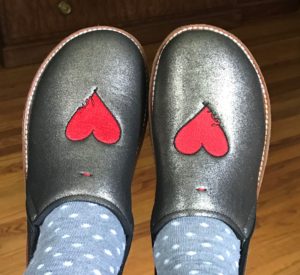 How ‘bout that gene testing? Is 23andMe setting itself up to be a next-wave health diagnosis and treatment tool? It’s certainly been a discovery process for me, once I uploaded the raw data from their site into a couple of third-party sites. This is where it gets parsed into readable reports with much more info than what you get in the canned 23andMe reports. And this is where I discovered I have a double mutation of the MTHFR gene, something that’s linked to — drumroll, please – anxiety and depression. My learning from that, including treatment protocols, will be part of a future blog post.
How ‘bout that gene testing? Is 23andMe setting itself up to be a next-wave health diagnosis and treatment tool? It’s certainly been a discovery process for me, once I uploaded the raw data from their site into a couple of third-party sites. This is where it gets parsed into readable reports with much more info than what you get in the canned 23andMe reports. And this is where I discovered I have a double mutation of the MTHFR gene, something that’s linked to — drumroll, please – anxiety and depression. My learning from that, including treatment protocols, will be part of a future blog post.
My final thought. We’re in fraught times in parts of the world. Lead with love. Even when you want to punch someone. I bought slippers to remind myself.
Your thoughts? I don’t like to have the last word.
 I don’t really have a great track record with storm cellars (that’s what we call them where I’m from, like we’re all Dorothy trying to get out of the storm). My earliest memory of them: Mommy let go of my hand. Mommy look at the stars! Pointing. Staring. Loss of balance. What I can only describe as a large thump. Nothing. Lights, whirring, panic, my mother, my grandfather, concern. Waking up in a hospital bed.
I don’t really have a great track record with storm cellars (that’s what we call them where I’m from, like we’re all Dorothy trying to get out of the storm). My earliest memory of them: Mommy let go of my hand. Mommy look at the stars! Pointing. Staring. Loss of balance. What I can only describe as a large thump. Nothing. Lights, whirring, panic, my mother, my grandfather, concern. Waking up in a hospital bed. I don’t remember if the old lady was still living in the house or not when I started treating her storm cellar as my playhouse. No, more like a clubhouse, my secret hideout spot. My mom told me not to go down there. That it wasn’t safe and it wasn’t ours. But I didn’t listen. On hot summer days, it was tundra-like refuge where I let all my worries melt away. I tried putting up posters, but there was no tape built in this world that would hold paper to cinder block. One of them was some variation of the “Hang in There” kitten poster we all had but would never cop to owning. I thought it fitting for the storm cellar. It’s probably still down there, rotting away.
I don’t remember if the old lady was still living in the house or not when I started treating her storm cellar as my playhouse. No, more like a clubhouse, my secret hideout spot. My mom told me not to go down there. That it wasn’t safe and it wasn’t ours. But I didn’t listen. On hot summer days, it was tundra-like refuge where I let all my worries melt away. I tried putting up posters, but there was no tape built in this world that would hold paper to cinder block. One of them was some variation of the “Hang in There” kitten poster we all had but would never cop to owning. I thought it fitting for the storm cellar. It’s probably still down there, rotting away. Where do I go? Where can I hide? Can I provide an escape for my daughter? Do I want to? Shouldn’t I be teaching her something different? How to stay and fight?
Where do I go? Where can I hide? Can I provide an escape for my daughter? Do I want to? Shouldn’t I be teaching her something different? How to stay and fight?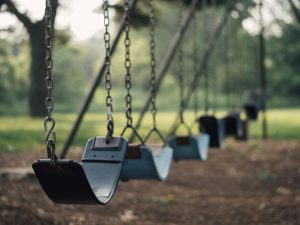 The movie
The movie  I remember another moment, two days after my son died. I saw a boy just a little older than my son, a cute moppet with blonde curly hair, coming out of a Starbucks (I have way too many moments at my local Starbucks). All I wanted was to feel the weight of a child in my arms. I can’t tell you what compelled me, but I asked his mother if I could hold him. She agreed. It was exactly what I needed.
I remember another moment, two days after my son died. I saw a boy just a little older than my son, a cute moppet with blonde curly hair, coming out of a Starbucks (I have way too many moments at my local Starbucks). All I wanted was to feel the weight of a child in my arms. I can’t tell you what compelled me, but I asked his mother if I could hold him. She agreed. It was exactly what I needed. There’s a moment in the trailer in which the Time character tells Will Smith he’s missing life, and I wanted to yell a hearty “FU!” at my screen. He lost his daughter. He’s allowed to miss out on capital “L” life, capital “M” moments. Every day isn’t fucking Hallmark cards and roses when you start L-I-V-I-N again. The fact that the Dickens-esque Christmas-Carol-type characters in this movie are trying to convince us otherwise is horrible. I don’t care if Death is Helen Mirren. And let me tell you something, if Love was to suddenly embody a person, said person would not be Kiera Knightly, no offense to her (adored you in Pride and Prejudice and Bend it Like Beckham, Kiera! Call me).
There’s a moment in the trailer in which the Time character tells Will Smith he’s missing life, and I wanted to yell a hearty “FU!” at my screen. He lost his daughter. He’s allowed to miss out on capital “L” life, capital “M” moments. Every day isn’t fucking Hallmark cards and roses when you start L-I-V-I-N again. The fact that the Dickens-esque Christmas-Carol-type characters in this movie are trying to convince us otherwise is horrible. I don’t care if Death is Helen Mirren. And let me tell you something, if Love was to suddenly embody a person, said person would not be Kiera Knightly, no offense to her (adored you in Pride and Prejudice and Bend it Like Beckham, Kiera! Call me). What’s going on in America today?
What’s going on in America today? Third, when you identify who/what you hate, how does it make you feel? And be aware, you may get kind of an adrenaline rush when you’re all like, “Fuck them and the horse they rode in on!” But after that. After the adrenaline is gone. When you’re alone. Do you feel kind of icky inside? As in, way different than when you get a kiss from your baby or a greeting from your happy dog? And I don’t mean over stupid things, like “I hate Rum Raisin ice cream.” No. I mean the important stuff. The stuff like this: “I hate Muslims” and “I hate white people.” That stuff.
Third, when you identify who/what you hate, how does it make you feel? And be aware, you may get kind of an adrenaline rush when you’re all like, “Fuck them and the horse they rode in on!” But after that. After the adrenaline is gone. When you’re alone. Do you feel kind of icky inside? As in, way different than when you get a kiss from your baby or a greeting from your happy dog? And I don’t mean over stupid things, like “I hate Rum Raisin ice cream.” No. I mean the important stuff. The stuff like this: “I hate Muslims” and “I hate white people.” That stuff.